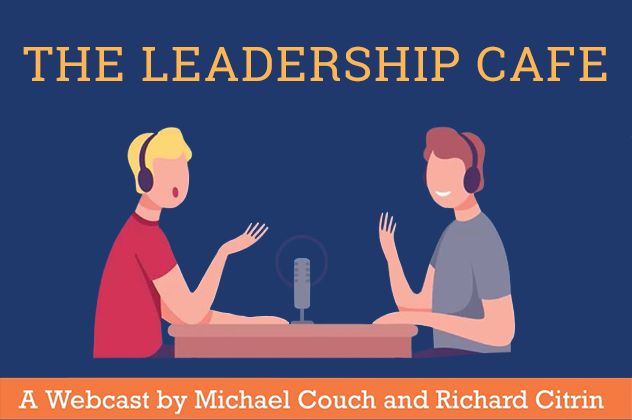An article in this past weekend’s Wall Street Journal pointed out that most recreational golfers are overconfident of their abilities. The research, based on studies of over 6 million tracked golf shots indicated that most of these players overestimate their ability (not me of course).
Specifically, the investigators found that if a golfer needs to hit a shot 150 yards to reach a green, he or she will select a club that requires them to hit the shot perfectly to achieve that objective. Unfortunately, the research shows that they will only achieve that goal 37% of the time. Most of the time their shot falls short. The study’s authors point out that this tendency is referred to as the “overconfidence bias” where individuals think more highly about their skills than the objective data indicates they possess.
Of course you don’t need a study to tell you about this phenomenon. Ask any golfer, basketball or softball player, dancer, or even a darts competitor. The joy in playing is having that one special moment when it all comes together to create the perfect experience. It may not happen that often but when it does, it is what keeps us coming back from our usual mediocre performances.
That bias is called the “optimism bias” which helps us to believe that we are less likely to experience failure than others. It’s the optimism bias that refuels us after a botched effort and is central to our resilience. Optimism plays an important role in resilience in that it keeps us coming back and looking for more of those perfect moments.
We all want to believe that the best is yet to come, even though the data does not always support it. Besides, I never want to hear Garrison Keillor say “…and all the children are below average.”
© Richard Citrin, All rights reserved, 2017
]]>